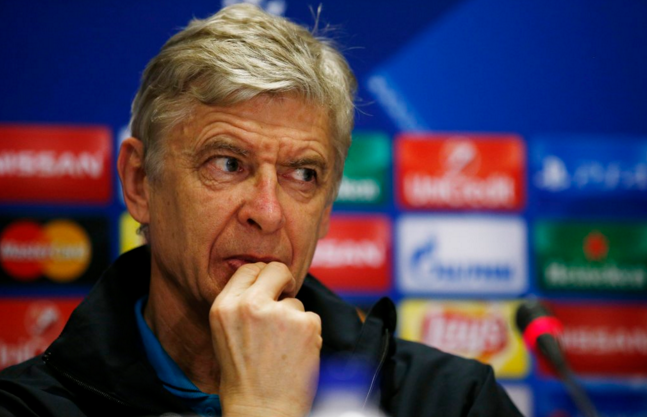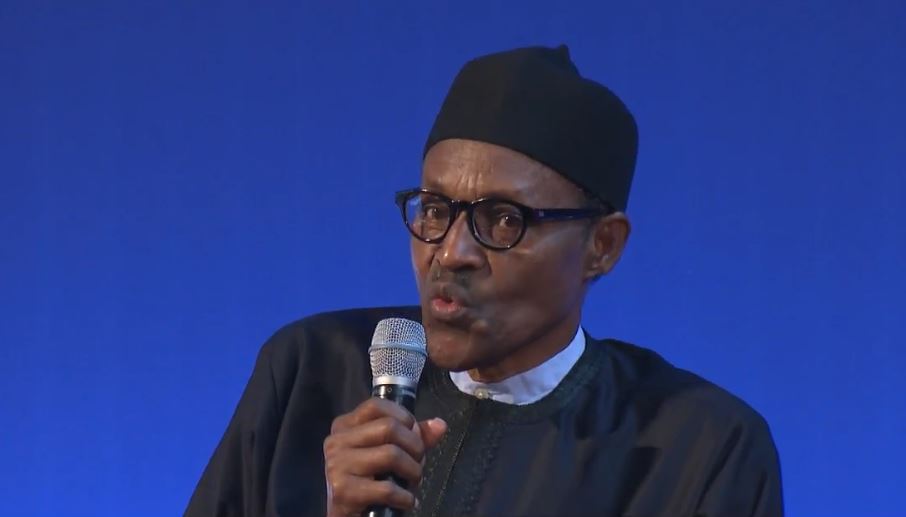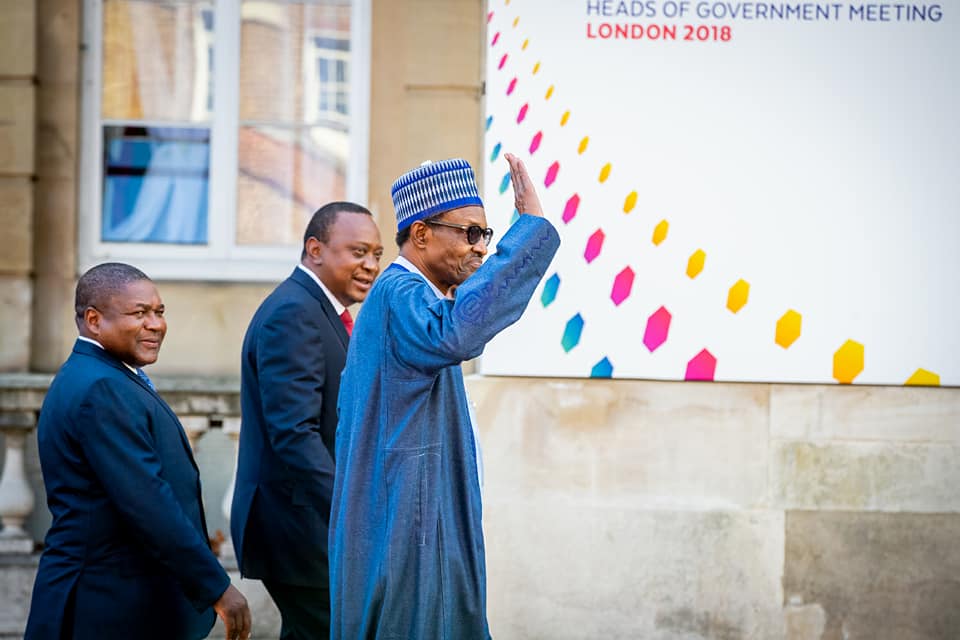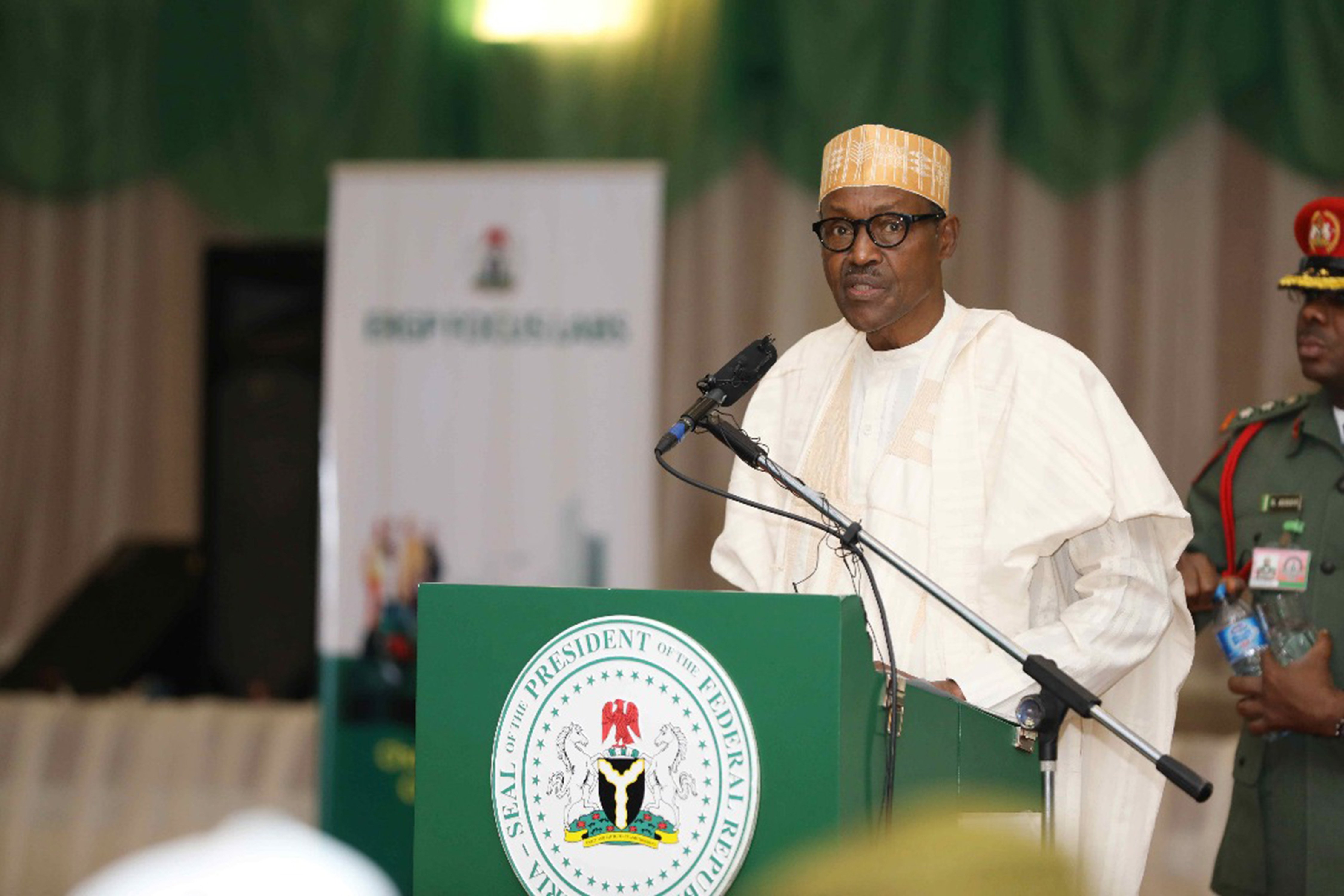BY MAYOR IKOROHA
April 20, 2018 may be remembered by many fans of Arsenal Football Club as Liberation Day. On this day, the club released a statement in which manager Arsene Wenger announced that he would be leaving the club at the end of the current 2017/2018 football season. He has been the club’s manager for 22 years, the longest serving Premier League manager in history.
The announcement came as a relief to many fans of the club who have been calling for the exit of Arsene Wenger as manager for quite some time now. As the performances of the club on the pitch deteriorated, #WengerOut became one of the most famous hashtags on Twitter. It is a seasonal hashtag, seen anytime Arsenal fail to win football match.
#WengerOut has been deeply entrenched in the football lexicon. In the recent past, #WengerOut banners and signs have been seen in several continents of the world and at numerous places, some of which are not football-related.
Advertisement
In February 2017, at an anti-Trump rally in London, there amidst all the signs protesting against the US president, was one saying #WengerOut. #WengerOut banners were sighted at last year’s Wrestlemania in Orlando, Florida; at a football match between New Zealand and Fiji in Wellington, New Zealand; at a Turkish football match between Belediyespor and Basaksehir in Manisa, Western Turkey; at a basketball match in Saudi Arabia and at a Coldplay concert in Singapore amongst other places.
For the #WengerOut diehards, Arsene Wenger has become a spent force. They see his coaching methods as outdated and his tactics as second-rate. His inability to challenge for the Premier League title or the UEFA Champions League was seen as a symbol of acceptance of mediocrity, which is sad for a club of Arsenal’s status. This current season, Arsenal did not qualify for the Champions League and can only qualify for next season’s edition if they win the Europa League as they are currently battling with lowly Bunley FC for the 6th position in the Premier League. Only the teams placed 1st to 4th in the Premier League qualify for the Champions League.
Some Arsenal fans, pundits and former players feel that Wenger overstayed his welcome. They feel that his coaching methods, which brought him success during his early years at Arsenal, are outdated and that he has refused to change with the times. These #WengerOut proponents point to the successes of younger football managers like Manchester City’s Pep Guardiola, Real Maldrid’s Zinedine Zidane, and even Arsenal arch rivals Tottenham’s Mouricio Pochettino as testament that the times have moved ahead of Wenger in football.
Advertisement
Others accuse him of having lost the Arsenal dressing room for some seasons now, meaning that the players no longer respond to his methods and instructions. As at the time of the announcement of Wenger’s departure, Arsenal are the only club among England’s four league divisions not to win a point away from home since the turn of the year.
The downturn in the fortunes of Arsenal FC that led to the birth and prominence of #WengerOut is unfortunate for the club’s longest-serving manager and the most successful in the club’s history. Wenger arrived Arsenal in October 1996 without fanfare. He was a permanent replacement for Bruce Rioch, who was sacked after a dispute with the club’s board of directors over transfer funds.
The absence of excitement over the appointment of the then bespectacled Frenchman as Arsenal boss was probably due to his pedigree or lack of it. Then Arsene Wenger was relatively a nobody in the football world if their past history was anything to go by.
Wenger had a modest playing career, in which he made appearances for several amateur clubs. He obtained a manager’s diploma in 1981 and had his first real test of coaching with French club Nancy. It was an unsuccessful adventure and he was dismissed as manager in 1987. Wenger later joined AS Monaco and led the club to the league championship in 1988.
Advertisement
In 1991, Wenger guided Monaco to victory in the Coupe de France, but their failure to regain the league title in later seasons led to his departure from the club by mutual consent in 1994. He briefly coached Japanese J.League side Nagoya Grampus Eight, which won the Emperor’s Cup and Japanese Super Cup during his stint.
Nicknamed “Le Professeur” (French for “The Professor”) by fans and the British media to reflect Wenger’s studious demeanour, his first full season as Manager saw Arsenal completed a league and FA Cup double. The club won another league and cup double in 2002 and retained the FA Cup a year later. In 2004, Wenger managed Arsenal to an undefeated league season, a feat last accomplished by Preston North End, 115 years previously and unmatched till this day.
Arsenal later eclipsed Nottingham Forest’s record of 42 league matches unbeaten and went seven more matches before losing in October 2004 to Manchester United in an ill-tempered match. The club made their first appearance in a Champions League Final in 2006, though they lost to Barcelona. Wenger won a record 13th FA Cup for Arsenal and in the process became the most successful FA Cup winning coach in English football history.
Wenger also won with style. His approach to the game emphasises an attacking mentality, with the aim that football ought to be entertaining on the pitch. He also has a reputation for spotting young talent, and he has remained focused on developing a youth system.
Advertisement
Maybe Arsene Wenger is a victim of his own success. His inability to match his early successes at Arsenal may have midwifed the birth of #WengerOut. Some people see #WengerOut as an offspring of a situation in which of some passionate fans who, having been intoxicated with previous success in the early days of Arsene Wenger, now view the current stasis and regression as unacceptable. They feel so infuriated with recent failures that they organise #WengerOut plane stunts and troop to Arsenal Fan TV after each Arsenal defeat to vent their anger at the manager and demand that he be sacked. It is instructive that fans of Leeds United, a club near the size and status of Arsenal when Wenger became manager, will bite off your hands if they are offered to be in Arsenal’s current dire situation.
For many fans of Arsenal, Wenger has become the symbol of the club. For the ones 30 years and below, he is probably the only manager they have ever known. Arsene managing Arsenal was a match made in heaven. In spite of the Arsenal’s shortcomings on the pitch, the club are a well-respected global brand. Arsenal are the 6th richest football club in the world and the club’s 60,000 capacity stadium is one of the best in the world. Some see them as a modest football club, living within their means and playing attractive football. These achievements may not have been possible without Arsene Wenger.
Advertisement
So why did Arsene Wenger delay his exit for so long that #WengerOut became almost inevitable? How did a man who has attained legendary status at Arsenal allowed himself to be virtually hounded out by fans who insist that they are fed up with mediocre performances and worn out excuses? How did it come to a dire situation in which fans were pitched against the club hierarchy, manager and players to the extent that the Emirates Stadium experienced unprecedented empty seats and there were boos and jeers to every misplaced pass, every goal conceded, every defeat, every disappointment?
It would not be far from the truth to deduce that with every new defeat and disappointment, every nascent fan protest, every #WengerOut banner, Arsene Wenger would have been agonizing over his legacy. He had seen his one-time fierce rival and Manchester United long-serving manager, Sir Alex Ferguson, being feted and eulogized when he voluntarily retired after winning a record 13th Premier League title.
Advertisement
Wenger might have delayed his decision because he worried about the future of the club without him. As Manchester United have seen since the retirement of Sir Alex Ferguson, the departure of a long serving manager may have negative consequences on the club. For the fifth season in a row since Ferguson retired, Manchester United have never truly challenged for the Premier League title and now has its third manager in Jose Mourinho. The once most dominant force in the Premier League have become a shadow of their former self, losing last weekend to bottom club West Brom, with club supporters watching as other teams win a championship they once dominated.
So Wenger might have agonized what would happen to Arsenal after Arsene Wenger. Would they become another Blackburn Rovers, who once won the Premier League title but now languish in the third tier of the English football pyramid? As it has happened with Newcastle United and Leeds United, no club is too big to be relegated from the premier league. Can Arsenal be relegation candidates post Wenger?
Advertisement
There was also likely to be a pecuniary and egoistic aspect to Wenger overstaying his welcome. He is one of the best paid coaches in the world with an estimated £171,000 per week salary and Arsenal are one of the biggest clubs in the world. Wenger can always get a better monetary offer from a club in China but with all due respect to the Chinese Super League, how many people really care about the latest result of Shandong Luneng Taisan or how their coach felt after their last defeat? Arsenal are always in the news and their manager’s response to a reporter’s question may be the headline news on CNN’s World Sport.
Arsene Wenger may have also come to the conclusion that Arsenal’s fans were simply too demanding. Out of 20 competing teams, only one team can win the Premier league title and two years ago Arsenal finished runners up. Three years ago they finished third. Liverpool have never won the Premier League title and every match day their fans give a lungful rendition of You Can Never Walk Alone.
Most football analysts believe that Friday’s announcement of Wenger’s departure at the end of the season is in the best interest of the club and their beleaguered manager. The manager gets the opportunity to leave with dignity and the club get ample time to get a replacement in preparation for a new beginning next season. Were the club to win the Europa league this season, Wenger would also win his first European trophy, very fitting for his glorious career as a football manager.
Inevitably, to Arsene Wenger’s relief, #WengerOut would be ultimately euthanized. The advocates would no longer have the soothing hashtag for every misplaced pass, every goal conceded, every Arsenal defeat, every new disappointment. Maybe after sometime they would create #TuchelOut or #LowOut or #AllegriOut or #VieiraOut or #ArtetaOut or #HenryOut depending on who is appointed as the new Arsenal manager. But it would take some efforts for any new hashtag associated with an Arsenal manager to match #WengerOut.
This may be a fitting tribute to the legend of Arsene Wenger.
Mayor Ikoroha is an author, public affairs analyst and professional Arsenal fan. He is on Twitter as @tellthemayor
Views expressed by contributors are strictly personal and not of TheCable.






